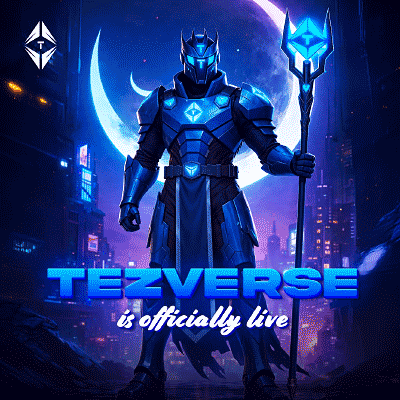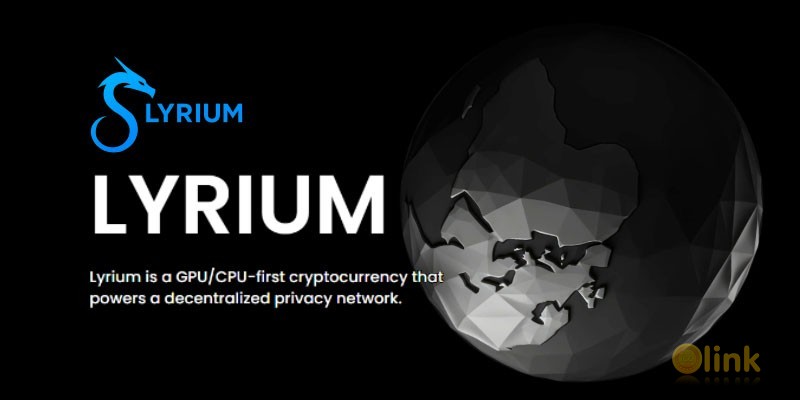ICO WorldWiFi
ICO WorldWiFi Description:
The World Wi-Fi project is a global decentralized free Wi-Fi network based on private routers which are typically residential routers. Every router owner may share their excess Wi-Fi capacity, allow guests to connect and share the capacity and in the process earn cryptocurrency for this shared capacity.
In the end, everybody wins: while guest users get free Internet access, those who own routers generate income, and advertisers reach their target audience. World Wi-Fi is an global project built by the community.
World Wi-Fi incorporates Big Data technology used to collect and analyze non-personal data and user activity, which allows advertisers to target their ads to those who are more likely interested in them. Blockchain technology can make transactions between the participants of the process fast and inexpensive and it ensures that the parties have mutual guaranties by utilizing smart contracts. Blockchain also gives advertisers absolutely reliable and transparent information on the advertising campaign conducted.
Airbnb has not built a single hotel, but offers a global hotel experience where everyone who oers a room feels like a hotel owner. Uber has not bought a single car, yet has established a global taxi ‑eet, where the drivers use their personal cars as an opportunity to earn through “sharing”.
Likewise, World Wi-Fi is not going to build actual hotspots, but offer router owners an opportunity to act as service providers and earn additional revenue by sharing Internet access capacity.
World Wi-Fi is based on successful existing business in Wi-Fi access points and Wi-Fi advertising networks with a vision to “go global”. “Radius Wi-Fi” and “Adrenta” operate in 80 cities with the total staff of more than 100 employees. World Wi-Fi has analyzed the existing business models and understand that blockchain is a perfect technology to create a global decentralized wi-fi- network and to make this network free for guest users by advertising. In a sense, this is the same model with television now with the only difference being that we will only need to show a short and non-intrusive advertisement when connecting a Guest User to the network. In short, the advertiser gets more targeted and less expensive advertising, the router owner receives some payment for hosting a “free” Wi-Fi access point for guests and the guest receives access to the Internet in exchange for viewing an ad, which is targeted to their interests. A demo version of World Wi-Fi has been launched and is available for evaluation.










